Mastering Teamwork and Communication in Healthcare Settings
American Medical Compliance
DECEMBER 4, 2023
Teamwork is the foundation of a healthcare system that runs smoothly and provides the best possible care for its patients. Inadequate teamwork can result in clinical adverse events because of communication hurdles between hierarchies, a failure to recognize human fallibility, and a lack of situational awareness.
.jpg)


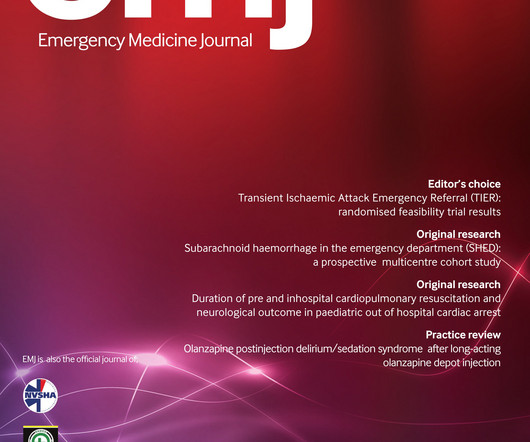



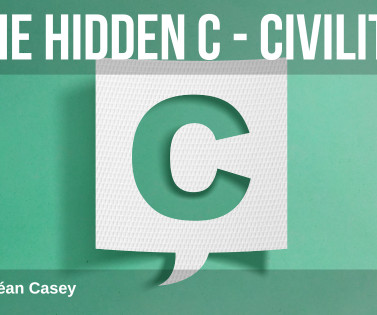







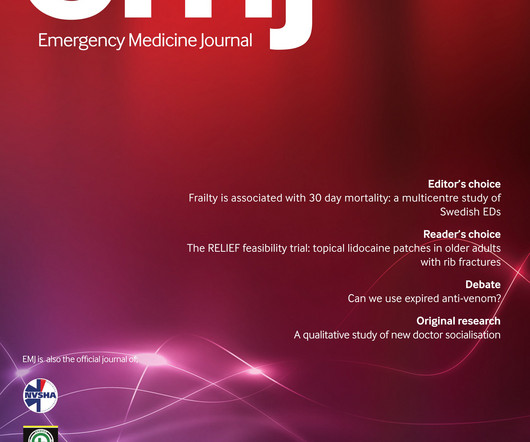














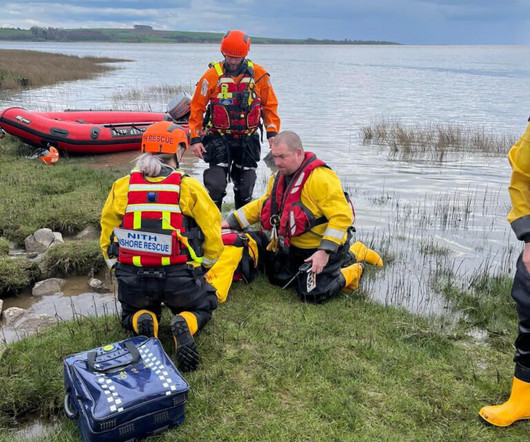



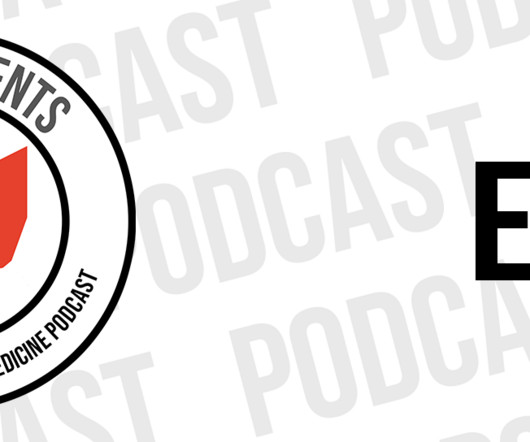








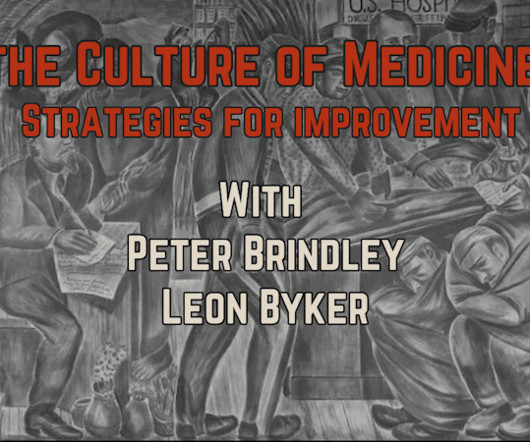








Let's personalize your content